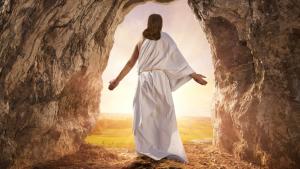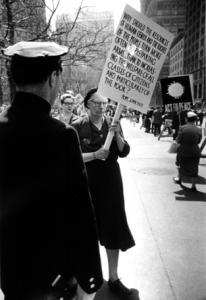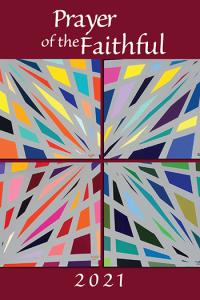With the concepts of altered states of consciousness and conversion, I argue for the truthfulness of the apostles’ experience of Jesus’ resurrection. Surely a better time to write about the resurrection is during Easter Season, which ended with the Feast of Pentecost. And yet, it’s appropriate to think about resurrection now if the suggestion I’m going to make is correct. That is: The certainty that Jesus was alive after he died on the cross may have taken a while to... Read more
















